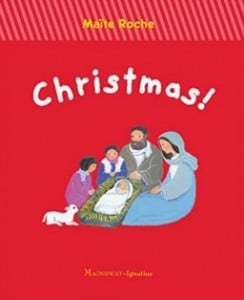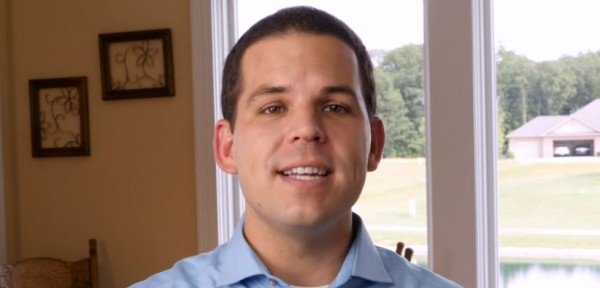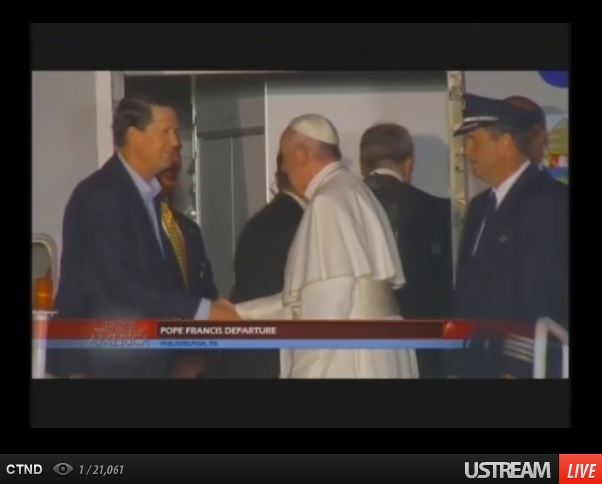 Melissa Mohr seems to have hit the jackpot with her new book Holy Sh*t: A Brief History of Swearing. Right at the offset, she pulls in a generous five stars on Amazon for her exhaustive compendium of trash talk, in which she chronicles the history of vulgarity regarding human sexual organs and various human excreta.
Melissa Mohr seems to have hit the jackpot with her new book Holy Sh*t: A Brief History of Swearing. Right at the offset, she pulls in a generous five stars on Amazon for her exhaustive compendium of trash talk, in which she chronicles the history of vulgarity regarding human sexual organs and various human excreta.
I DON’T GET IT.
Operating on the theme of “So many books, so little time”, I can’t see spending another quarter-hour immersed in the analysis of obscenity in the Renaissance and the return to euphemism in the eighteenth and nineteenth centuries. I have no urge to know the full range of Roman cusswords. I am troubled by Mohr’s assertion—confirmed in my own experience on-line and in the checkout lane at Wal-Mart—that the twentieth century has seen the normalization of swearing, and then doubled down in a verbal challenge to human dignity and respect.
But why, I wondered—why am I reading all of this jibber-jabber about masculine organs when I’ve never read Desiderata or most of the Graham Greene novels?
Why, I ask further, would an otherwise cultured person debase himself to reveal his raw sexual urges when we’ve barely spoken until this moment?
 One part of the book, though, caught my attention. According to an article about Mohr’s work in The Detroit News, most children learn how to swear before they even know the alphabet.
One part of the book, though, caught my attention. According to an article about Mohr’s work in The Detroit News, most children learn how to swear before they even know the alphabet.
And just how does little Jimmy learn these attention-grabbing epithets before he can scream “L-M-N-O-P”? Well, Junior repeats what he hears; and according to the Daily Mail, English-speakers actually use a curse word about once every 140 words. That, the article notes, makes foul language as common as a first person plural pronoun. The frequency of swear words, coupled with adults’ elevated voices and shocked expressions, must confirm for young ears and eyes the importance of these maledictions. Cursing, Mohr explains, usually kicks off at the tender age of three or four.
It’s unrealistic to imagine a return to a moralistic society in which moviegoers are shocked and cover their children’s ears when Rhett Butler snarls at the pitiable Scarlet O’Hara, “Frankly, my dear, I don’t give a damn!” Disc jockeys no longer back-mask the lyrics to a song, and the ‘60s hit single “Louie Louie” is pablum when stacked alongside Metallica or much of contemporary music.
 But isn’t it a parent’s responsibility to safeguard their children’s minds, at least for a few formative years at the beginning of life—imparting a sense of decorum, teaching and requiring good manners, and avoiding the common vulgarities which speckle the American vernacular?
But isn’t it a parent’s responsibility to safeguard their children’s minds, at least for a few formative years at the beginning of life—imparting a sense of decorum, teaching and requiring good manners, and avoiding the common vulgarities which speckle the American vernacular?
* * * *
Another book which hit the scene in 2009 was L’hostie, une passion québécoise by Olivier Bauer, a professor in Université de Montréal’s faculty of theology and religions, a native of Switzerland who moved to Quebec in 2006. The National Post explains:
The book details the evolving role of the Host in Quebec, from the first celebration of a Catholic Mass in New France in 1535 through its emergence as the “king of swear words” in the 20th century. Among his resource material is a lengthy 1982 report on swearing for the Office québécois de la langue française, Quebec’s language watchdog. It found that ostie was the preferred swear word of young women (their elders preferred câlice) and all ages of men. The study also noted that 20 years after the beginning of the Quiet Revolution, 94% of teenagers still considered it a swear word. The future of ostie as a go-to curse seemed assured.
In Quebec, Professor Bauer found, it was not ignoble bodily functions that captured the popular imagination; rather, most of the common words in Quebec’s vocabulary of curses were religious words: esprit [spirit], sacrament and baptême [baptism] ostie [Host], calvaire [Calvary], criss [from Christ], câlice [chalice] and tabarnak [tabernacle]. Bauer notes that the impact of some of these words is gradually falling, but that the media help to keep them alive in common usage.
Interestingly, the real story—according to the National Post—is not that these words which refer to sacred objects are used in a base and derogatory sense, but that they may be losing their impact in a secularized society. If religious belief is no longer important in French-Canadian society, then these swear words based on faith have ceased to offend because, after all, Who cares?












